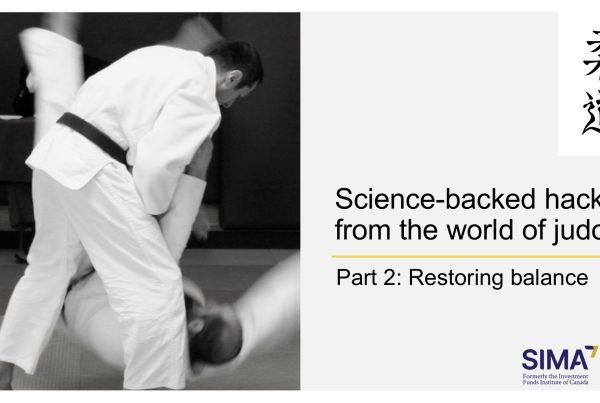There’s a little gem of a book I know, titled “The Ethics of Confucius and Aristotle: Mirrors of Virtue”. Written by the late Jiyuan Yu, who was a known scholar of Greek philosophy, classical Chinese philosophy, and comparative philosophy, it takes on – and succeeds at – the ambitious project of bridging the thought of two great thinkers of the ancient world who, while separated by place and culture, elaborated remarkably similar theories of virtue and character.
Confucius and Aristotle were both concerned with how someone can become a good person, and the approaches they respectively proposed for achieving this are in many ways mirrors of each other. Central to both systems of thought is the idea that the virtues that underpin character are developed through practice. As Jiyuan Yu explains, “One of [Aristotle’s] major themes is that ethical virtues are acquired out of repeated practice of virtuous actions.” (Yu, 2007, p. 48) The same goes for Confucius:
“Confucian ritualization and Aristotelian habituation are different descriptions of a similar process of person-making or character-building. To become a good person, one has to learn li (Confucius) or habitualize oneself into ethos (Aristotle)… Character arises out of actions.” (Yu, 2007, pp. 99-100)
So you gradually develop courage by doing acts of courage large and small; develop justice by acting in a just way, and so on. There is a twist, however: “For both ethics of Confucius and Aristotle… excellent character depends not merely on what one does but also on what one likes to do.” (Yu, p. 103) By practicing virtuous actions, one may reach a point where one actually enjoys acting properly – where doing so has attained the level of a true habit. That is when a person truly becomes virtuous.
Character development is also central to traditional martial arts – something that is of keen interest to me. The founder of judo, Kano Shihan, traveled extensively in the West and was steeped in Eastern and Western ethical thought. He established a clear moral code around the fundamental values of politeness, courage, sincerity, honor, modesty, respect, self-control and friendship, and believed that they could be developed through dedicated practice in the dojo and beyond. Like Confucius and Aristotle, he put considerable importance on the formation of good habits:
“It is also important not to overlook the element of habit. Even if you intend to do good, if you have not developed the habit of doing so, your best intentions will easily be corrupted. […] For that reason, you must endeavor to cultivate good habits, love what is good, and reject what is evil on a daily basis.” (Kano, p. 69)
In all three traditions – Confucean, Aristotelian, and the traditional martial arts – the objective is to become a good person and to have a good life by following a path to happiness grounded in character; where one’s worth is counted in virtues rather than power, glory, or material possessions. Moral character is the path to a good life, or as we would say in judo, the Do, the Way.
For Confucius, “the pursuit of ren (human excellence) involves a full-fledged development of moral character.” (Yu, p. 48) This doesn’t stop with the individual however – far from it. Character, when everything is said and done, is about more than just ourselves. Kano Shihan put it this way: “In order to do this, first you must develop good daily habits. These good habits include simplicity, moderation, and, while thinking of yourself, always keep other people in mind as well. […] In other words, you must perfect yourself and contribute to society, which is the ultimate purpose of the study of judo.” (Kano, p. 130)
Not mainstream? With more than 40 million people around the world practicing judo, that’s an awful lot of people right there who are actively engaged in a structured program of character development that Confucius or Aristotle would not fail to recognize as such (more here on how that works in practice). And there are many other people pursuing character development in many other ways, it goes without saying.
Everything we have been discussing here has clear applications in the world of business. Of course it does! Any organization that has a true culture of human excellence (ren) will necessarily enjoy collective benefits beyond those that a comparable organization with a culture of mediocrity (or even worse, corruption) would enjoy. Character is the true bedrock of your organization. It’s not on your agenda? You may want to rethink that.
Character is now being studied scientifically and research is starting to confirm what the ancients knew about character over two millennia ago: “When individuals increase their understanding of leader character and take ownership of elevating their character in addition to their professional competence, organizational excellence and well-being will result.” (Crossman et al., 2022)
Make character your competitive edge? Absolutely! You and your business will thrive, and society as a whole will also benefit.
References:
Mary Crossan, William (Bill) Furlong, and Robert D. Austin. Make Leader Character Your Competitive Edge. MIT Sloan Management Review, October 19, 2022.
Kano, Jigoro. Mind Over Muscle: Writings From the Founder of Judo. Kodansha International, Tokyo, 2005, 155 pages.
Yu, Jiyuan. The Ethics of Confucius and Aristotle: Mirrors of Virtue. Routledge, 2009, 292 pages.



